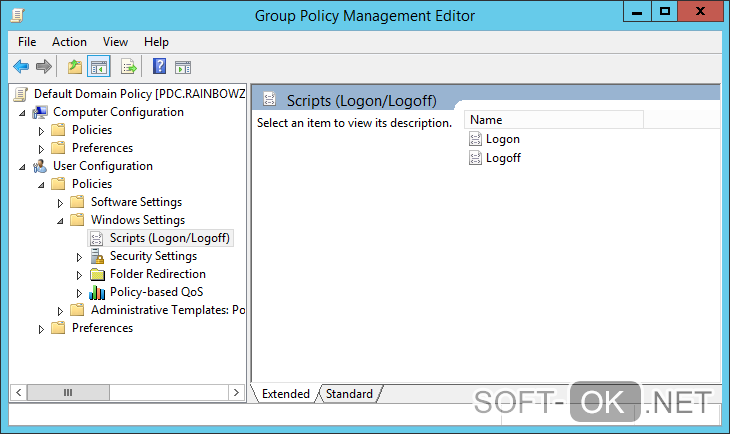

NxFilter GUI and block page will need to use port 80.

The pfSense updater will remove everything you install that didn't come through pfSense, including the packages installed by this script.īefore updating pfSense, save a backup of your NxFilter configuration to another system.Īfter updating pfSense, you will need to run this script again to restore the dependencies and the software. To work around this, we can download the NxFilter software directly from the NxFilter homepage during the installation script process. ‼️ Challengesīecause the NxFilter software is proprietary, it cannot be built from source and cannot be included directly in a package. ‼️If you have already set up your system to use legacy BIOS, MBR partitons, and ZFS, then do not run this script. To avoid this problem, use UEFI mode if available, use GPT partitions, or use a filesystem other than ZFS. It appears that one of the dependency packages may cause this. Again, using this script on a system with an MBR formatted ZFS root volume will break your system. WarningThis script will destroy a legacy BIOS system booting from an MBR formatted ZFS root volume see #168.

The script is known to work on FreeBSD-based systems, including pfSense, OPNsense, FreeNAS, and more. The project provides an rc script to start and stop the NxFilter service and an installation script to automatically download and install everything, including the startup script. The objective of this project is to develop and maintain a script that installs NxFilter DNS based web filter software on FreeBSD-based systems, particularly the pfSense firewall. Derived from the unifi-pfsense repository. A script that installs NxFilter software on pfSense.


 0 kommentar(er)
0 kommentar(er)
